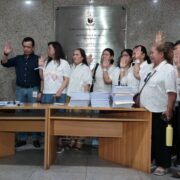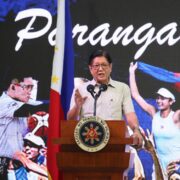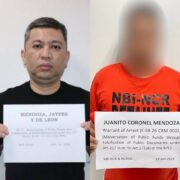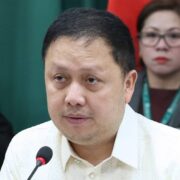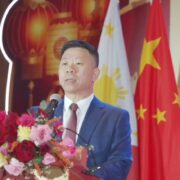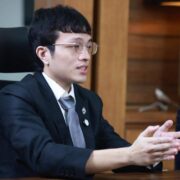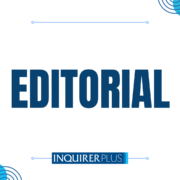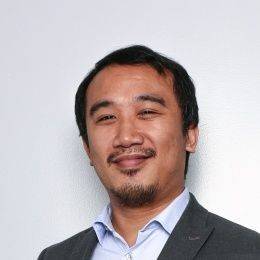2024: Marcos’ moment of truth?
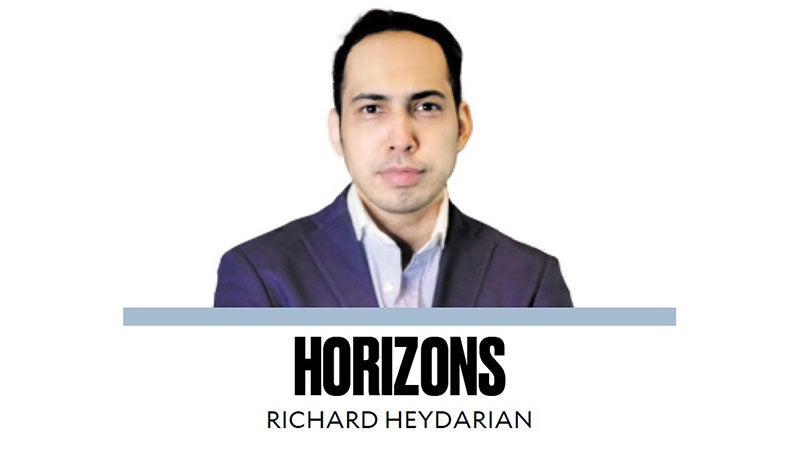
The Philippines is a land of extreme paradoxes, cutting across every major dimension of our collective lives. Ours is a nation that has had the deepest encounter with liberal republicanism among all Asian nations, dating back to the 1812 Cádiz Constitution. Yet, we have elected the most ruthlessly illiberal leaders into power.
We suffered over three centuries of subjugation under Western empires, yet we can’t help looking to the West as our proverbial knight in shining armor. Ours is arguably the most Westernized nation in Asia, yet our political and economic systems are positively pre-modern. We have had almost a century of education in the global lingua franca, yet our nation suffers from one of the highest rates of functional illiteracy on earth.
We have been posting the fastest gross domestic product growth rates in the region, yet we suffer from one of the highest unemployment and poverty rates in Southeast Asia. Our folks often complain about corruption, the supposed mother of all evils, yet countless voters enthusiastically support rapacious political dynasties election after election.
The list is long, but one of the most perplexing paradoxes in our contemporary politics is this: We have a notoriously conflict-avoidant president, and yet our political landscape is riddled with intrigue and infighting at the highest levels.
By all indications, the much-vaunted “UniTeam,” which bulldozed its way through last year’s elections, is now history. But what exactly comes next?
In his first year and a half in office, President Marcos confounded both his closest allies and vilest critics by adopting a distinctly “moderate” approach to governance. He dispensed with the worst aspects of his predecessor’s policies, while also shunning any genuinely progressive agenda. Mr. Marcos has been as tough against China as he has been soft on fighting corruption.
He has been as vocal on the international stage as he has been relatively quiet in dealing with media and pressing questions at home. As historian Lisandro Claudio correctly pointed out early on, the current President is, ironically, a classic post-Marcosian Filipino leader: more politician than revolutionary, more traditional than populist, and more statesmanlike than demagogic.
But, dear reader, make no mistake, the coming year will likely be the most consequential year in Mr. Marcos’ reign. Conflict avoidance has its own merits, especially on the heels of a populist catastrophe. But excessive caution invites chaos. If anything, heedfulness is often a luxury.
To begin with, the President will have to make big decisions in the West Philippine Sea, where he faces stark choices. On one hand, he risks confrontation with a global superpower, which also happens to possess the world’s largest naval fleet. At the same time, Mr. Marcos can’t ignore the sentiments of the supermajority of Filipinos, who want the country to take a tougher stance against China’s bullying in our own exclusive economic zone.
Mr. Marcos will need to finalize our next move on the Second Thomas Shoal, where a major fortification effort is desperately needed to sustain our military presence, as well as in Reed Bank, where our decades-long energy exploration efforts have been thwarted by Chinese harassment. Both our territorial integrity and energy security are at stake.
On the domestic front, Mr. Marcos also faces hard choices, especially in dealing with the former president and his factotums. Barely two years into his administration, there have been multiple reshuffles at the highest echelons of the national security establishment and, more recently, even rumors of coup attempts against the sole son of the former dictator.
The UniTeam may be over, but Mr. Marcos will still have to deal with the powerful Duterte dynasty in one way or another. The former president has made it clear that he won’t go gently into the night. This brings us to the third important element, namely the upcoming 2025 elections, which may end up as a prelude to nothing less than a total overhaul of our political system.
There are growing indications that the ruling coalition is contemplating constitutional change. Mr. Marcos faces the historic choice of creating a new political order altogether should his coalition secure a clean sweep in the upcoming elections. Whatever choice he makes, there will be major consequences for him, his dynasty, and the Philippines.
—————-rheydarian@inquirer.com.ph




